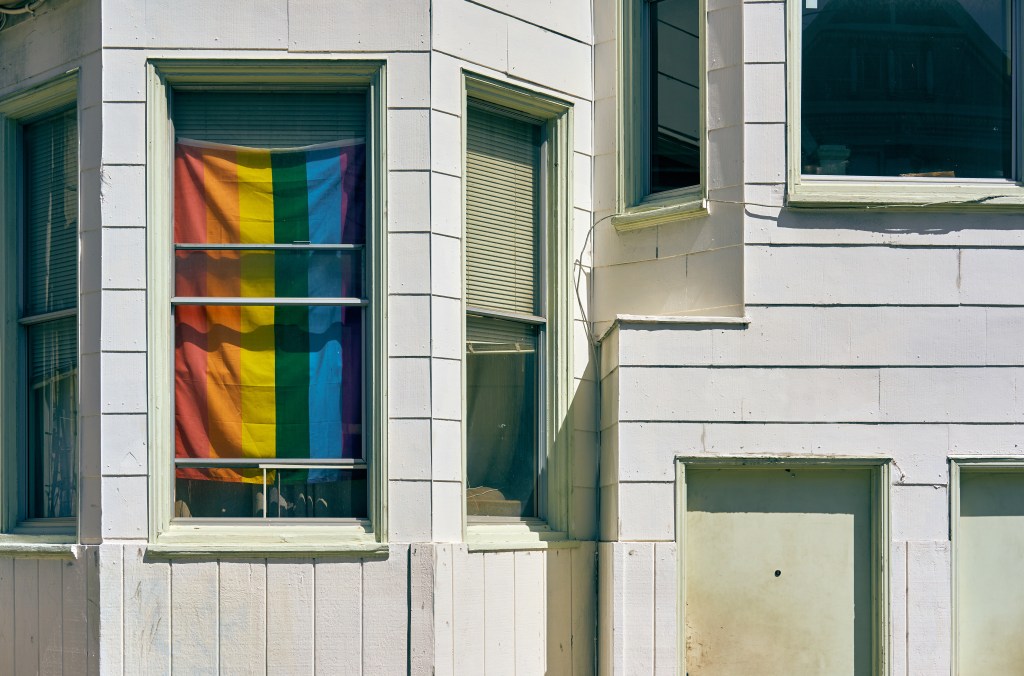Freddie Mac found a disturbing trend in homeownership rates: Members of the LGBT community are less likely to own a home, are more mobile, fear discrimination when buying a home, a prioritize living in LGBT-safe neighborhoods.
The survey, conducted by LGBTQ research firm Community Marketing and Insights in April 2018, was completed by 2,313 LGBT community members living in the U.S. between the ages of 22 and 72.
According to the survey results, 49% of LGBT households are likely to own a home, which is significantly lower than the national average homeownership rate of 64.3%.
“We fielded this survey to get a better understanding of the current challenges facing the LGBT community, as well as their current housing choices, preferences, experiences and aspirations,” Freddie Mac Senior Vice President of Affordable Lending and Access to Credit Danny Gardner said in a statement.
“What we found was that several factors – including increased mobility, lower marriage and a tendency to live in high-cost urban areas, and fears of discrimination – may be contributing to these lower homeownership rates,” Gardner added.
According to the study, 67% of respondents said they did not live in the same area where they grew up; this is a higher rate than the general population.
Another far more concerning catalyst behind low rates of LGBT homeownership is the fact that many LGBT community members fear discrimination when they're hunting for a home.
Study results revealed that 46% of LGBT renters fear discrimination in the home buying process and that when members of the LGBT community are determining where to live, their top three priorities are price, safety and LGBT friendliness. These priorities can be difficult to fulfill and may be suppressing LGBT homeownership rates.
Additionally, seven out of 10 respondents said that saving for a down payment is a major obstacle to homeownership and that half of the respondents did not know how much they need to save for a down payment or believed it to be more than 20% of the home’s value.
Despite these challenges, LGBT respondents typically exhibited the same positive attitude toward homeownership that the average U.S. renter does. The study showed that three-quarters of LGBT renters agreed that owning is a good financial investment, while 72% said they would like to own a home in the future.
“Unfortunately, the rising cost of renting and buying combined with misunderstandings about down payments are slowing homeownership rates among the LGBT community even further,” Gardner said.
“That is why as an industry – lenders, appraisers, agents, homebuilders and Freddie Mac – we must understand LGBT housing needs, recognize their challenges and educate them on the buying process.”






